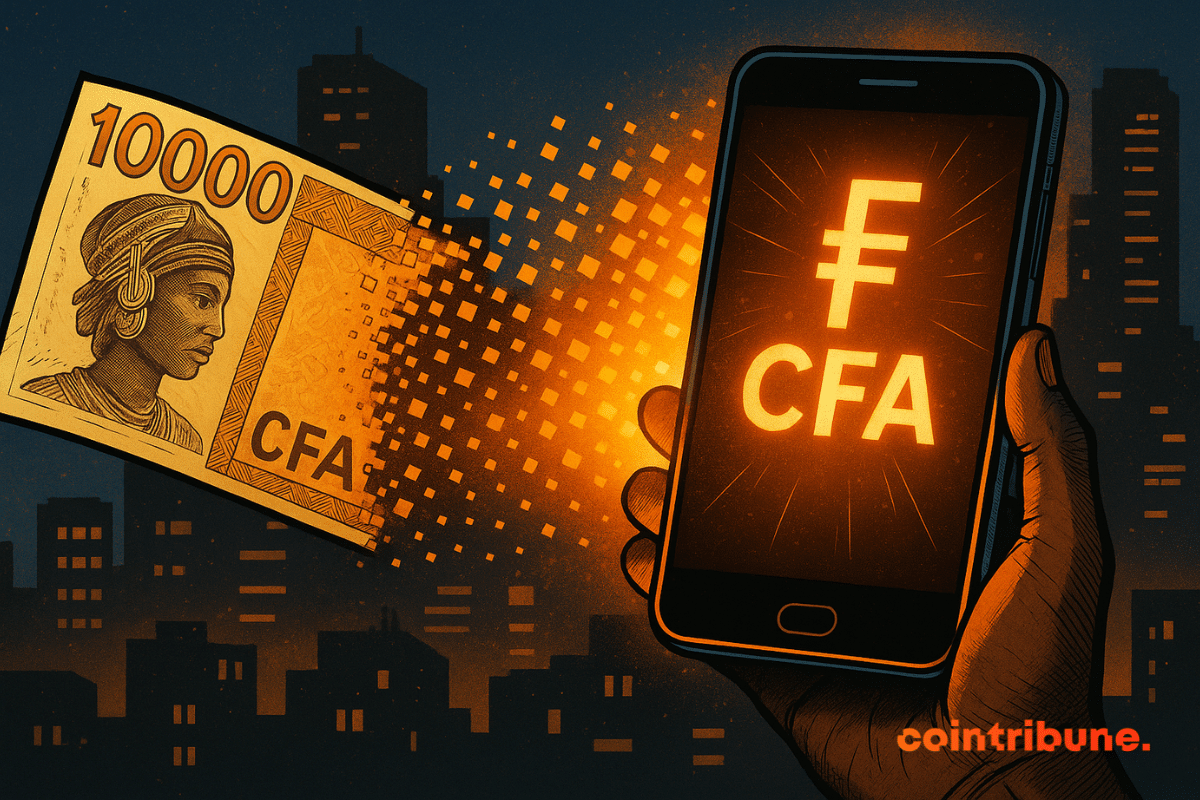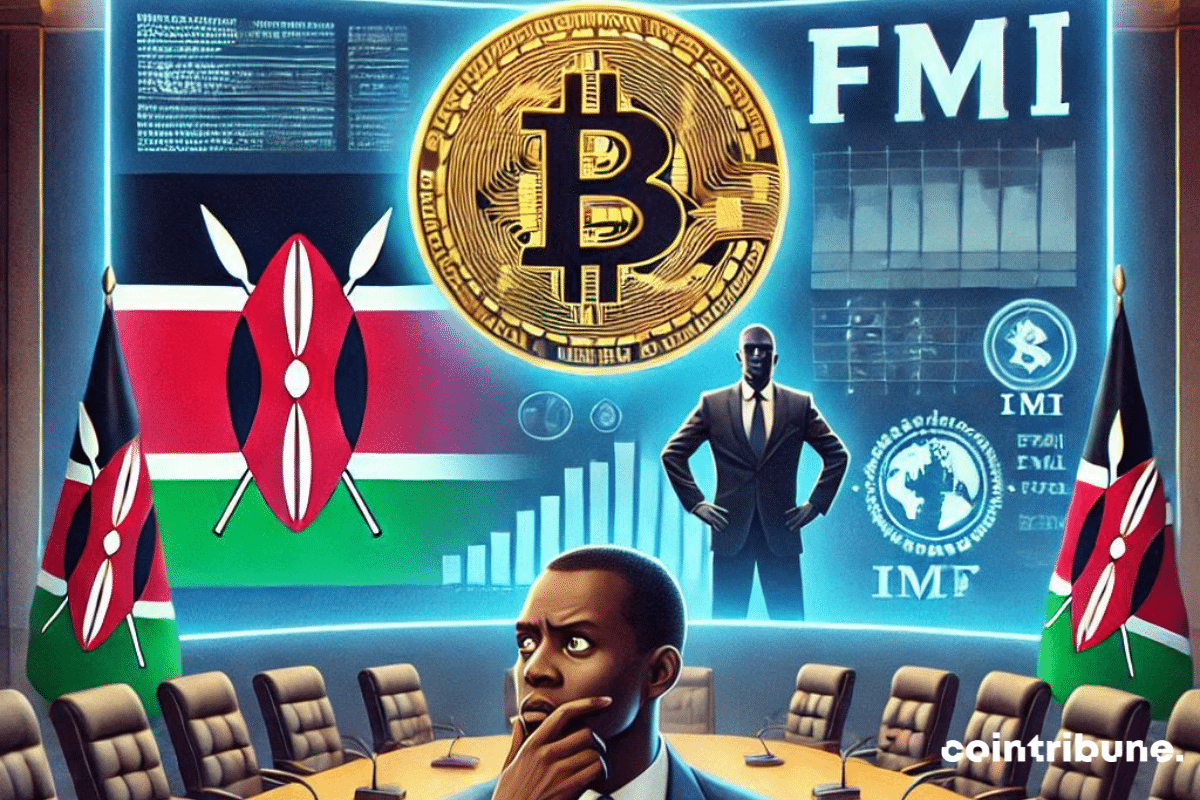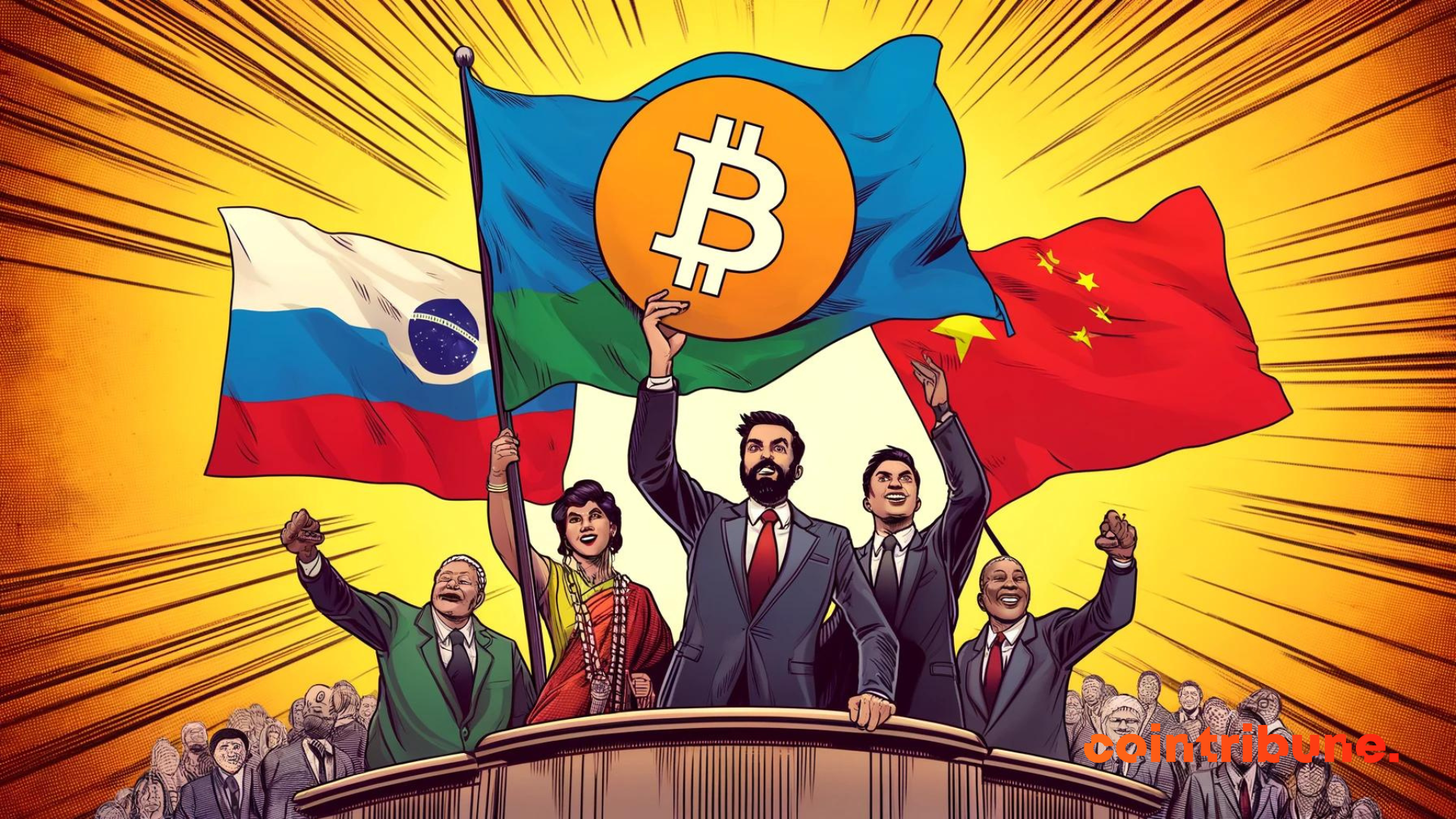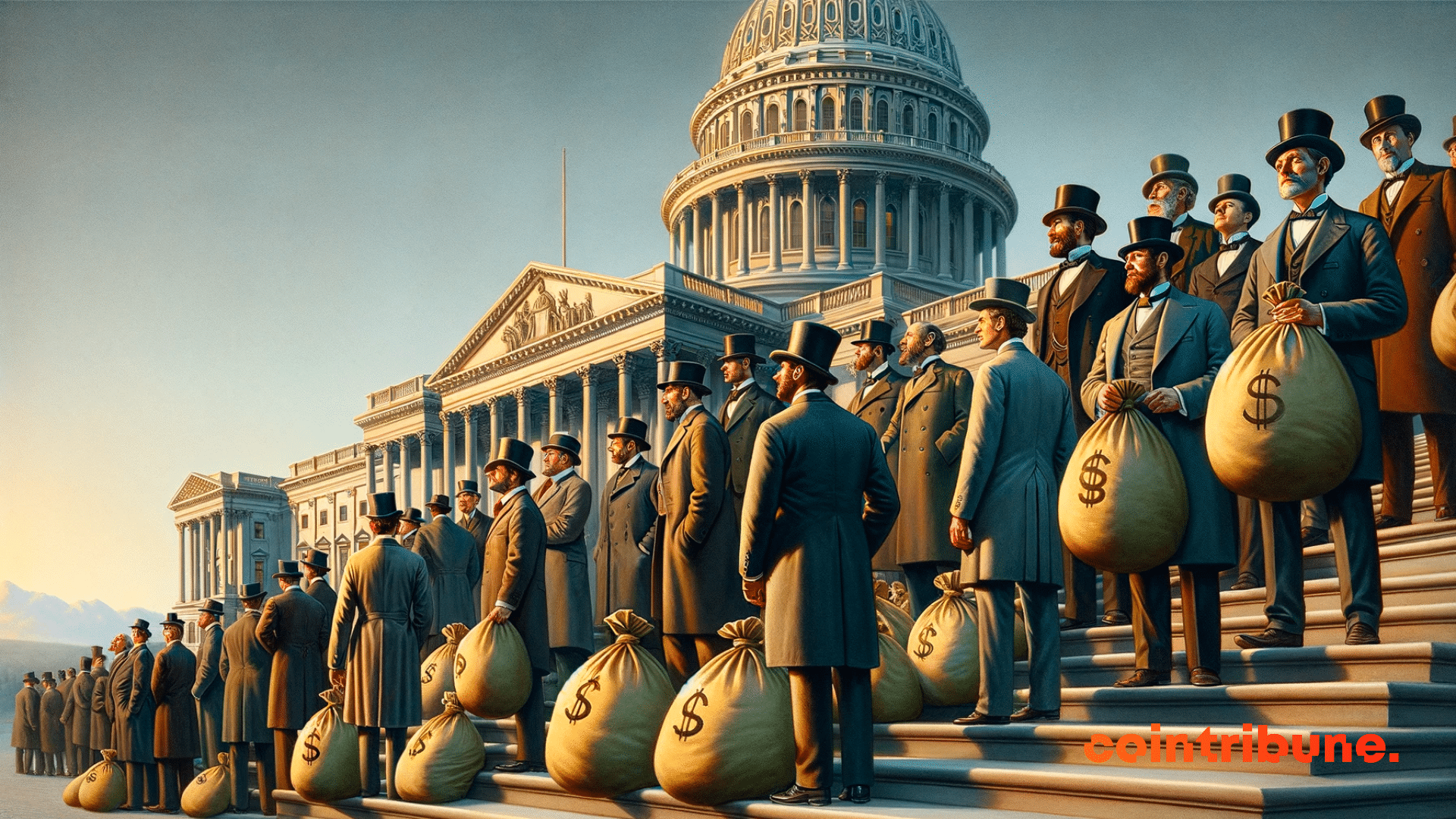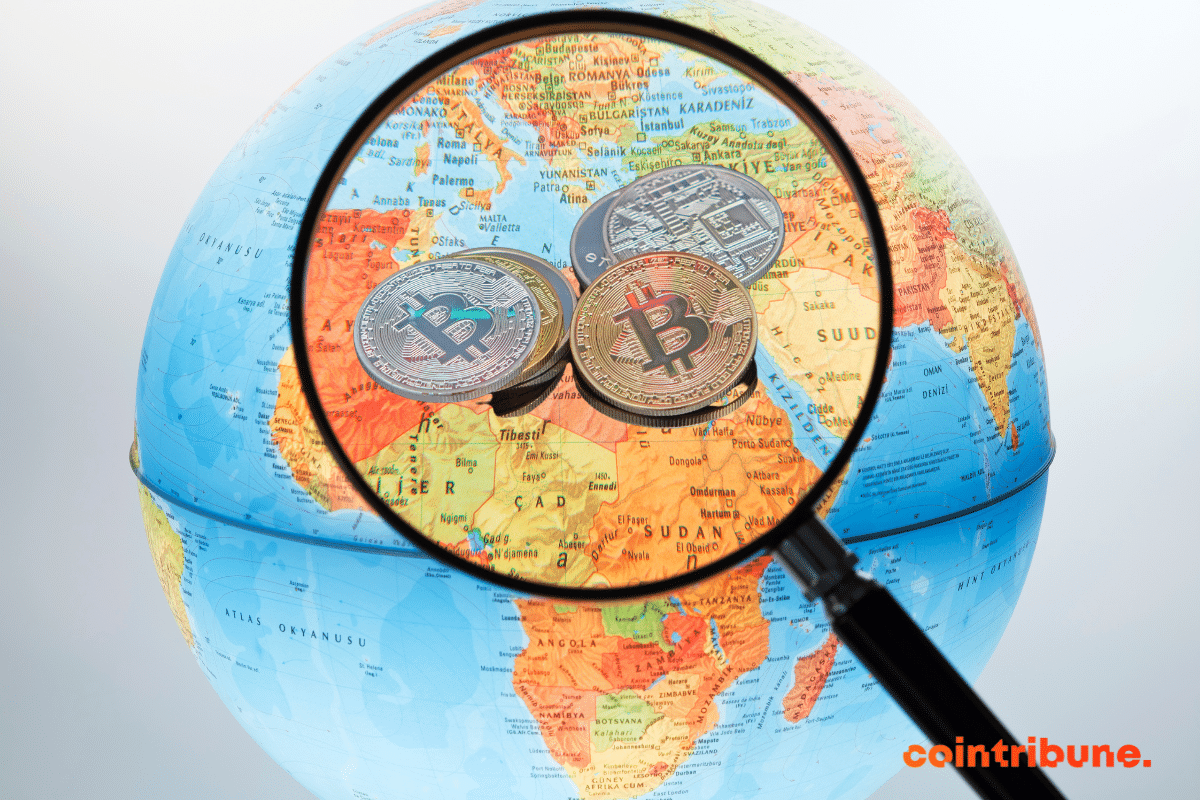While cryptos wreak havoc in pockets and ideas, Francophone Africa plays a digital card... but wouldn’t this revolution have a little hint of the euro?
Afrique
In the turmoil of global commercial reconfigurations, Beijing is advancing its pawns. China announces the complete removal of tariffs on exports from 53 African countries, expanding preferential access to its market. Behind this gesture lies a targeted diplomatic offensive as Washington, under the leadership of Donald Trump, reactivates protectionist levers against the continent. Africa, long peripheral in geo-economic arbitration, is becoming the epicenter of a clash of influences where industrial ambitions, strategic alliances, and narratives of sovereignty intersect.
The IMF, like a perplexed teacher, advises Kenya to abandon its old recipes for a fresher and more digestible crypto-regulation, not forgetting to eliminate the scammers from the menu.
As China increasingly reveals its totalitarian face, Donald Trump and Kamala Harris raise serious concerns about their ability to defend Western interests against Beijing. Are they about to capitulate to Xi Jinping and abandon Taiwan?
African economies, facing major economic challenges, are turning to gold to reduce their dependence on international currencies, especially the dollar. This movement, observed in several countries on the continent, aims to diversify currency reserves and mitigate risks linked to global economic fluctuations
A new movement of non-aligned countries is emerging. All gathered under the orange banner of Bitcoin (BTC). Faced with the printing press, can the Bitcoin network represent an alternative as significant as the Soviet Union was to the United States during the Cold War?
The famous economic analyst Noah Smith recently wrote an exciting article about bitcoin. He mentions the recent approval of ETFs by the SEC and the secret interests of certain bitcoiners. His thesis is striking: there would be an increasingly powerful Bitcoin lobby that would act in the shadows to create monetary chaos in the world.
Iran has recently called on the BRICS to establish a common currency to replace the dollar. This challenge to the dollar by Iran, but also increasingly by Saudi Arabia, explains why the Americans want to put an end to the Iranian regime. The end of the petrodollar would no longer allow the United States to finance its monstrous deficits through other countries.
What is the state of crypto adoption in the Maghreb? It's not an insignificant question, especially as the region is far from being the continent's crypto powerhouse. Sub-Saharan Africa is leading the way, driven in particular by Nigeria. Figures show that in this West African country, more and more people are holding cryptos or are aware of their existence. In fact, several Maghreb countries are not far behind in this dynamic, even if the relative weakness of this craze must be acknowledged. In what follows, we look at the trends in crypto adoption in the Maghreb and the reasons behind them.
